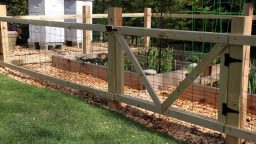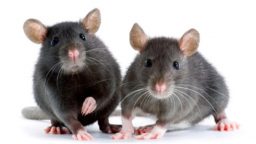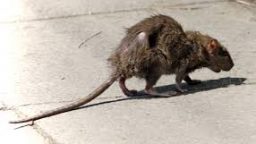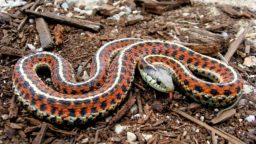After you have invested time, physical effort and money into creating a garden from which you plan to enjoy a variety of fresh vegetables, the last thing you want to see is an invasion of wildlife. In a single evening, devastation can occur as a result of unwanted four-legged visitors. A slower method of destruction can occur from casual nibblers and from critters who destroy your plants from underground.
Individual species of animals attack your garden in different ways. Animals such as rabbits and deer simply move along throughout your garden nibbling on or possibly entirely consuming some plants. Other animals such as mice and woodchucks attract your plants from underground. Your garden can also be damaged, although typically not totally destroyed by dogs and cats trampling the plants or digging up some of the plants. The area you live in often determines the type of animals you are most likely to be in competition with when it comes to enjoying garden vegetables, fruits and even flowers.
Fencing is the most assuredly effective way to protect your garden. Various factors enter into the type of fencing you use. An electric fence is considered to be the ultimate protective fencing. However, if you have young children, this may not be the best option for you. There are a variety of safer options available as an alternative to electric fencing.
You can purchase a product that is marketed as deer fencing. Poly fencing does not hamper your view of your garden. This is a good option for a garden that is located in a neighborhood or in an area where it is a visible part of the landscape. Deer fencing made of wire is one of your strongest defenses against deer and other furry invaders. Taking time to observe the unwanted visitors to your garden will help you determine the type of barrier you need to install.
When appearance is a priority, decorative fencing may be your preferred choice of protective fencing. Reed fencing is a way to increase privacy and protect your garden. If you enclose your garden with wood fencing, you’ll need to add poultry netting to the base to keep out small intruders.
Moles, voles and chipmunks attract your garden from underground. To prevent your garden from an underground attract, you will need to dig a trench 6″ to 8″ below the ground and begin your fencing there.
Perimeter fencing has been shown to be the most effective way to protect a garden from the numerous animals waiting to enjoy the fruits of your labor. However, if a permanent fence or temporary fencing is not a possible option for you, there are alternatives. You can interplant animal-deterrent plants such as catmint, sage, zinnia, marigolds, garlic and onion within your garden or use these plants as a living border for your garden to deter unwanted visitors. Some gardeners have found that planting a dense hedge or thorny rose bushes around the garden will deter rabbits and dogs from entering the garden.
If you liked this, you might also enjoy…



